Humane and touching decisions
On the morning of May 17, with 436/438 delegates present voting in favor (accounting for 91.21% of the total number of National Assembly delegates), the National Assembly officially passed the Resolution on adjusting and supplementing the state budget estimate for 2025, including an estimate of 6,623 billion VND for tuition exemption. This more than 6,000 billion VND belongs to the central budget's regular expenditure estimate in 2024 that has not been allocated, so it will be transferred to 2025 to implement the tuition exemption policy, and perform tasks arising from the reorganization of the apparatus as approved by competent authorities (in addition to paying regimes and policies for cadres, civil servants, public employees, and workers).
Regarding the allocation of state budget expenditures in 2025 for science , technology, innovation and national digital transformation, in case after using the increased central budget revenue in 2024 but not ensuring the allocation of at least 3% of state budget expenditures in 2025, the National Assembly allows the Government to adjust and arrange within the scope of the central budget expenditure estimates in 2025 that have not been allocated at the beginning of the year for implementation.
Previously, at the end of February 2025, after listening to the Government's report on the ability to balance finances during and after the process of streamlining the political system's apparatus, the Politburo decided to exempt all tuition fees for students from kindergarten to high school nationwide. The implementation time is from the beginning of the 2025-2026 school year (September 2025 onwards).
Another humane policy that touched teachers and parents of students in disadvantaged areas was at a working session with the Government Party Committee, departments, ministries and branches on preparing the Politburo's resolution on educational breakthroughs and training and some policies to support teaching and learning. General Secretary To Lam concluded and agreed on the State's policy of supporting lunch for primary and secondary school students in border communes. Priority is given to mountainous border communes (including ethnic minority students and Kinh students living in border communes). The General Secretary noted that the policy of supporting lunch should be implemented according to a roadmap, in accordance with the country's economic situation.
During the implementation process, it is necessary to strengthen inspection and supervision, and strictly prohibit the reduction of student food standards. In the immediate future, it will be implemented in land border communes, starting from the 2025-2026 school year (September 2025). Based on the implementation results, a preliminary review will be conducted to gradually expand nationwide. Localities that can balance the budget are encouraged to immediately implement this policy.
Regarding the tuition-free policy, this decision will have a positive impact, contributing to changing the lives of millions of families, especially the working poor, whose parents have had to struggle between sending their children to school and covering their daily expenses. Many children do not even have the opportunity to go to school or "drop out halfway" because they do not have money to pay tuition.
In fact, in disadvantaged areas, students have had to drop out of school because their poor parents could not afford to pay tuition fees. Now, without having to worry about tuition fees, parents can focus more on investing in other learning needs for their children such as learning equipment and skills courses, thereby creating equality in access to education and helping students have more comprehensive development opportunities.
Ms. Quang Thi Xuan, Vice Principal of Muong Lan Primary Boarding School for Ethnic Minorities, Muong Lan Commune, Sop Cop, Son La, said that the decision to exempt tuition fees for students is extremely meaningful, especially for students in remote areas. Muong Lan Primary Boarding School for Ethnic Minorities is located in a remote area (in Region 3), so students are completely exempted from tuition fees and are also supported with monthly study expenses. Because of this preferential treatment and policy, all students are able to fully participate in their studies, even if they are from poor or near-poor households. There is no longer a situation where students drop out of school due to tuition pressure. Each boarding student receives Decree 116 money of 920,000/month and study expenses of 150,000/month, so they are basically provided with enough money to support their studies. However, Muong Lan Primary Boarding School currently has 1,486 students, of which poor and near-poor students account for about 38-40%, so Ms. Quang Thi Xuan hopes that the State will have more support policies for ethnic children, especially poor and near-poor families.
In the 2024-2025 school year, Bac Kan province has 280 kindergartens, primary schools, secondary schools, high schools and 9 education centers with a total of more than 81,000 students. Bac Kan is also a mountainous province, the most difficult in the country with a poverty rate of up to nearly 20%. For a mountainous province whose economy relies mainly on agriculture and forestry, monthly tuition fees are also a burden for the people. Ms. Nguyen Thi Hoa, Cho Moi district, Bac Kan province expressed: "Our people's income mainly comes from seasonal forestry and farming. Now the Party and the State have exempted tuition fees, which is great for people in mountainous and highland areas. Our people have reduced some of the economic pressure to take better care of their children. I hope that the State will have more policies, continue to help poor families like us so that our children can study better and rise up in life."
The foundation for Vietnam to break through and reach far
Not only in remote provinces, but also in big cities, teachers and students are happy with this decision. Ms. Nguyen Thi Van Hong, Principal of Chuong Duong Secondary School, Hoan Kiem, Hanoi, shared that the school is located in a coastal area, so the students' circumstances are different. Although located in an inner-city district, the number of disadvantaged students at the school is about 10%, of which 1% of students cannot afford to pay tuition (8-10 students). These students are supported by the school's teachers to pay tuition so they can study with peace of mind. According to Ms. Van Hong, from the next school year, with the tuition exemption policy, students and parents will be relieved of their psychology and more confident because they no longer feel "indebted" to teachers.
 |
A teacher from a mountainous area with her beloved students on Ngoc Linh peak. (Photo: NVCC) |
Many teachers believe that exempting tuition fees for students at all levels in public schools contributes to making education more equitable, effectively implementing the policy of universalizing secondary education, thereby improving the intellectual level and quality of human resources.
Mr. Nguyen Van Manh (Hanoi) said that his family has 3 children studying from primary to high school, so he was really happy when there was news of free tuition for students at all levels. The couple's income is only about 15 million VND/month, but it covers everything such as: rent, living expenses, tuition and extra classes for the children, so every month there is a shortage first, then a shortage later...
Prof. Dr. Pham Tat Dong, former Deputy Head of the Central Propaganda Department, said that tuition exemption is a timely policy, with wide-ranging impacts and profound humanitarian significance. This is also what people have long desired. For a long time, in disadvantaged areas, families with many children and economic difficulties have still let their children drop out of school after completing junior high school. Tuition exemption for the entire high school level will create conditions for students to complete grade 12 or vocational secondary school so that they can continue to university or integrate into the skilled labor market. Especially in the current context of development and integration, which requires highly qualified workers, including in fields such as agriculture.
Prof. Dr. Bui Hoai Son, a full-time National Assembly delegate at the National Assembly's Culture and Social Affairs Committee, emphasized that the Politburo's decision is a historic milestone. This represents a major step forward for Vietnam in building a fair, humane and sustainable education system. This is not only a socio-economic policy, but also a strong declaration that education must be a basic right of every citizen, not a privilege reserved only for those with better financial conditions.
Prof. Dr. Bui Hoai Son expressed that this decision of the Politburo not only brings immediate benefits, but is also a strategic investment for the future of the country. Because a country that wants to develop sustainably cannot rely only on resources or technology, but more importantly, must invest in people. When education becomes a real right, when every student has the opportunity to access knowledge without being limited by economic circumstances, that is the foundation for Vietnam to break through and reach far...
Many experts believe that tuition exemption will not reduce the quality of education if there is a reasonable budget allocation policy, a transparent monitoring mechanism and synchronous solutions to improve teaching capacity, ensure the lives of teachers, and large cities need to ensure school places for students. At the same time, what the country spends on education today will be rewarded with strong development in the future.
According to Mr. Nguyen Phuc Vien (Principal of Cho Gao High School, Tien Giang), exempting tuition fees not only helps reduce the rate of school dropouts due to economic difficulties but also improves the overall quality of education in the locality. This is a very humane policy, demonstrating the Party and State's concern for education. "I hope the State will have more policies to support students in remote areas... Many students not only face difficulties with tuition fees but also lack learning conditions - from books, technological equipment to means of transportation. In particular, it is necessary to invest more in school infrastructure, build dormitories, support meals for poor students and develop scholarship programs so that they have better learning opportunities"...
Source: https://baophapluat.vn/mien-hoc-phi-toan-dan-quyet-sach-uu-viet-vi-tuong-lai-dat-nuoc-post549525.html


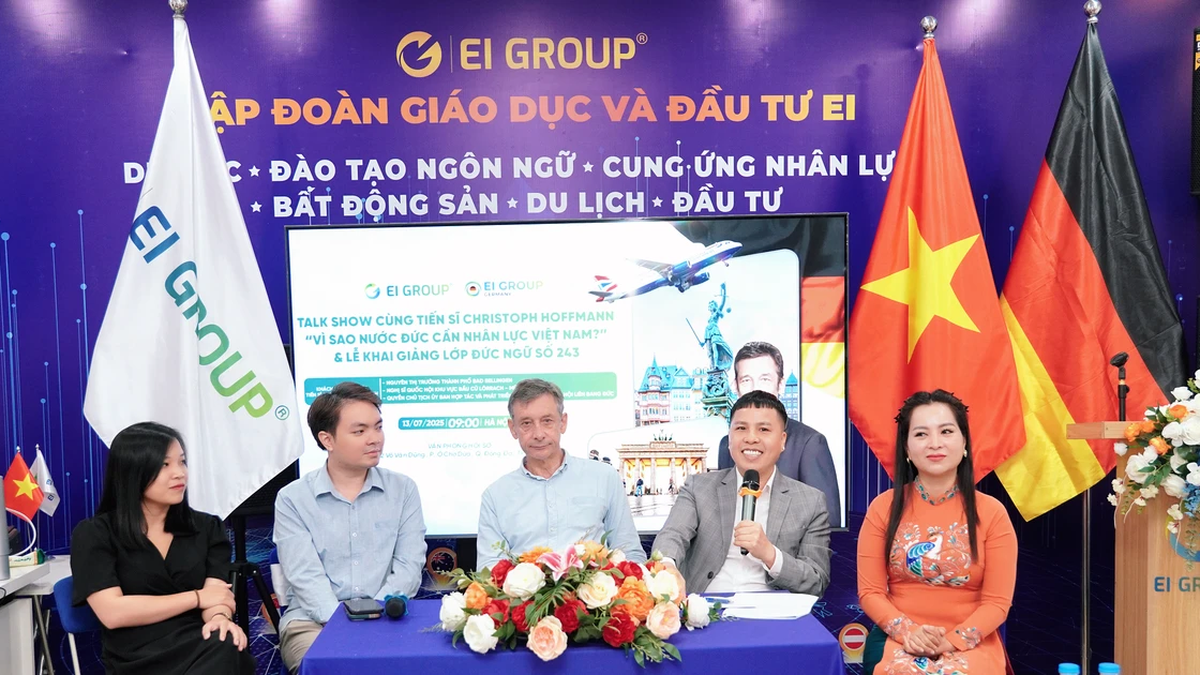
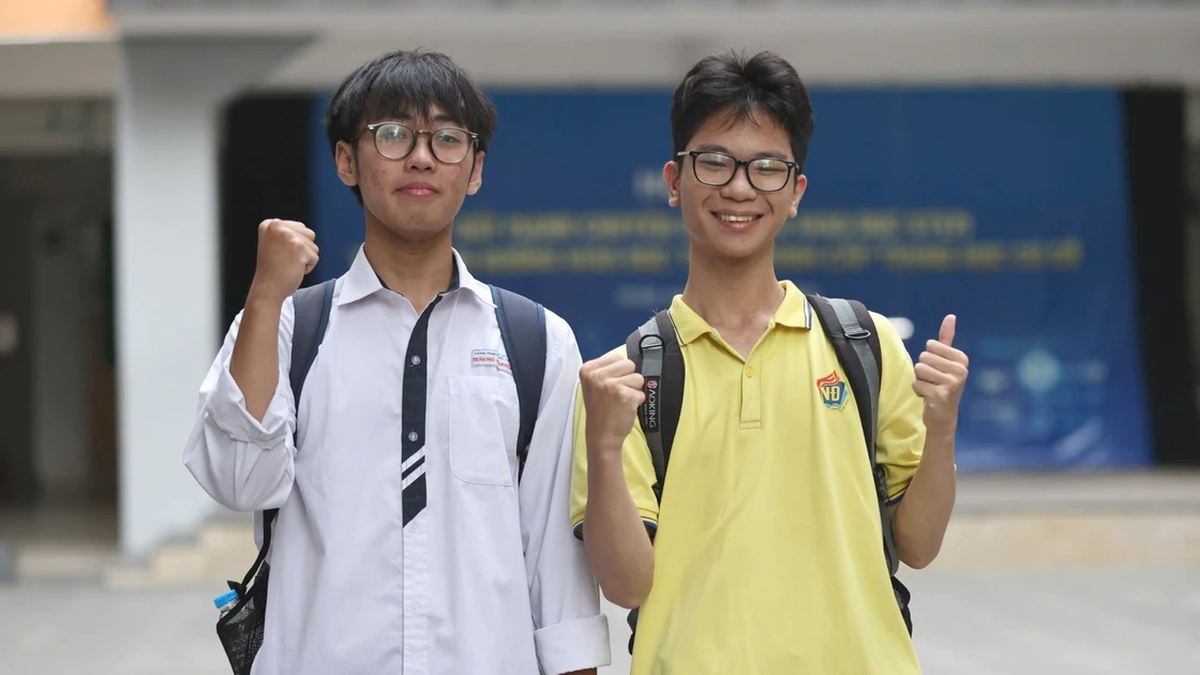
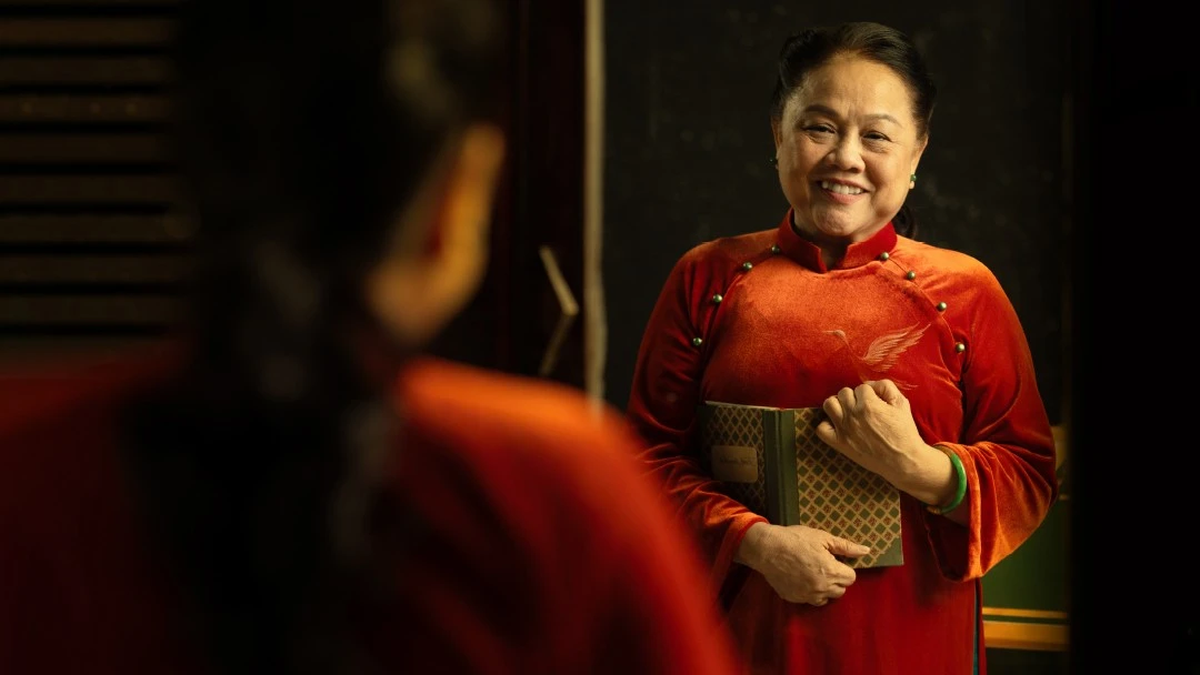
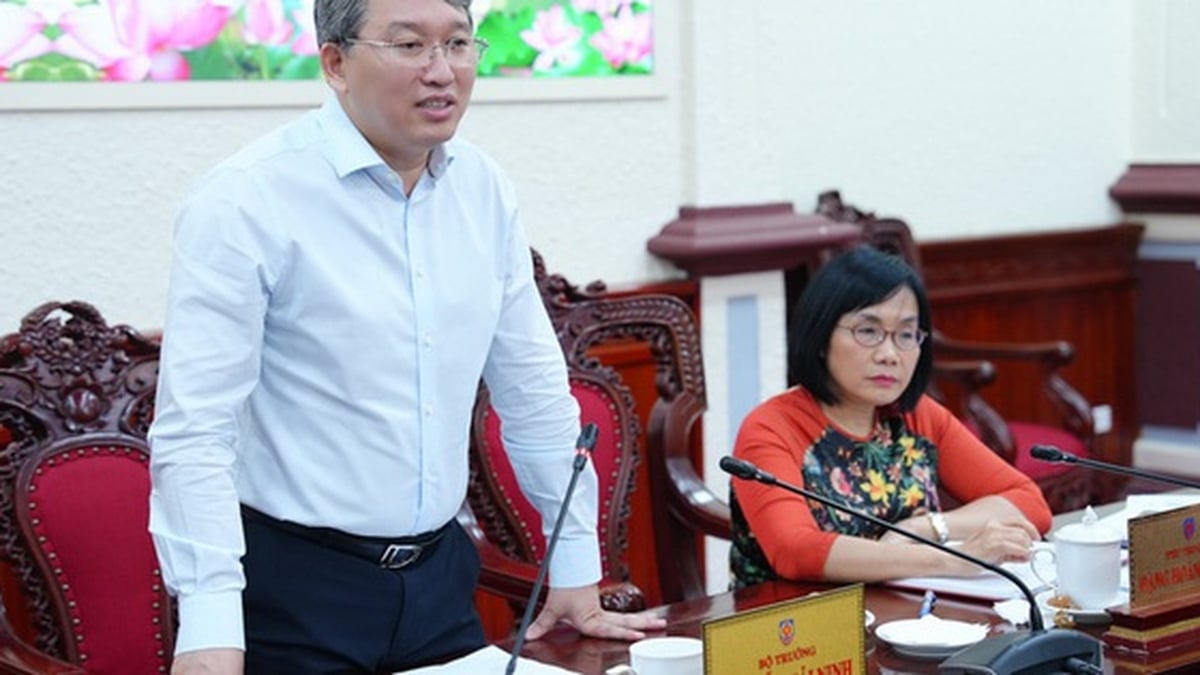


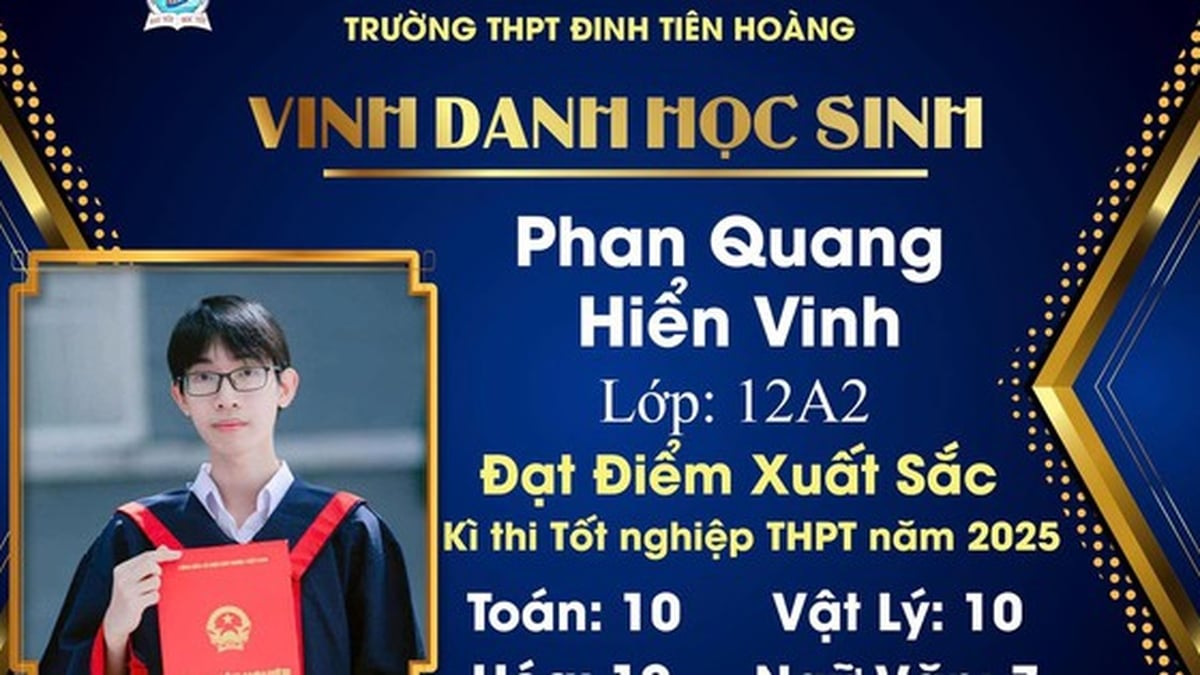
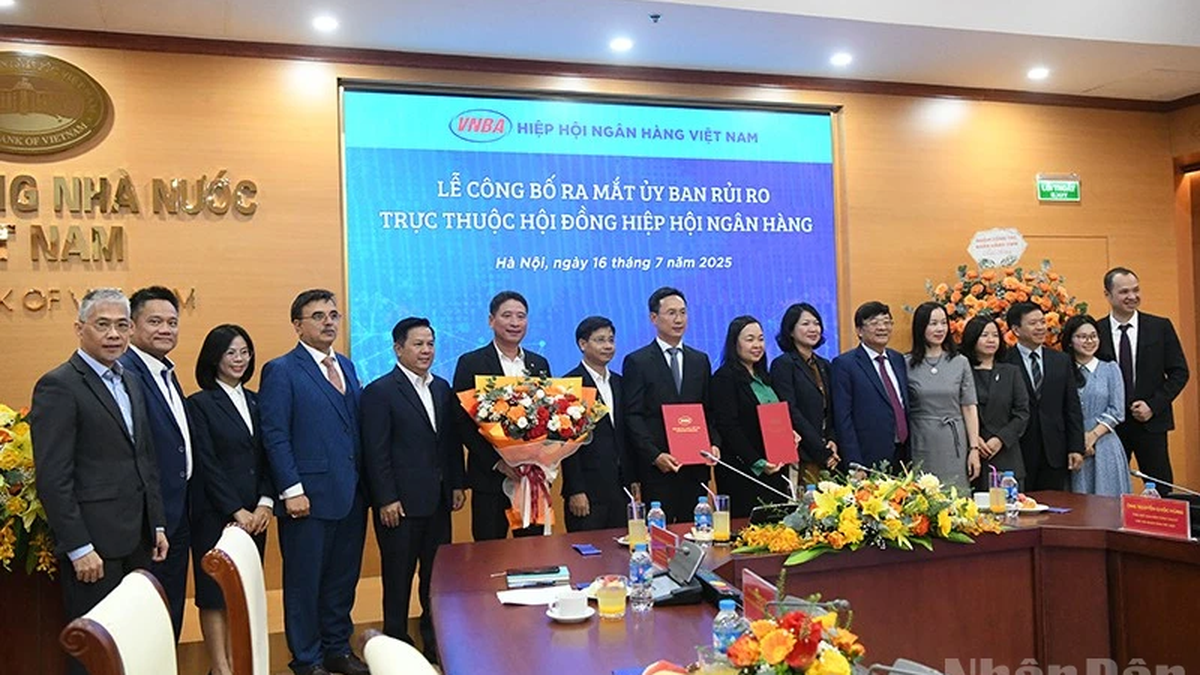
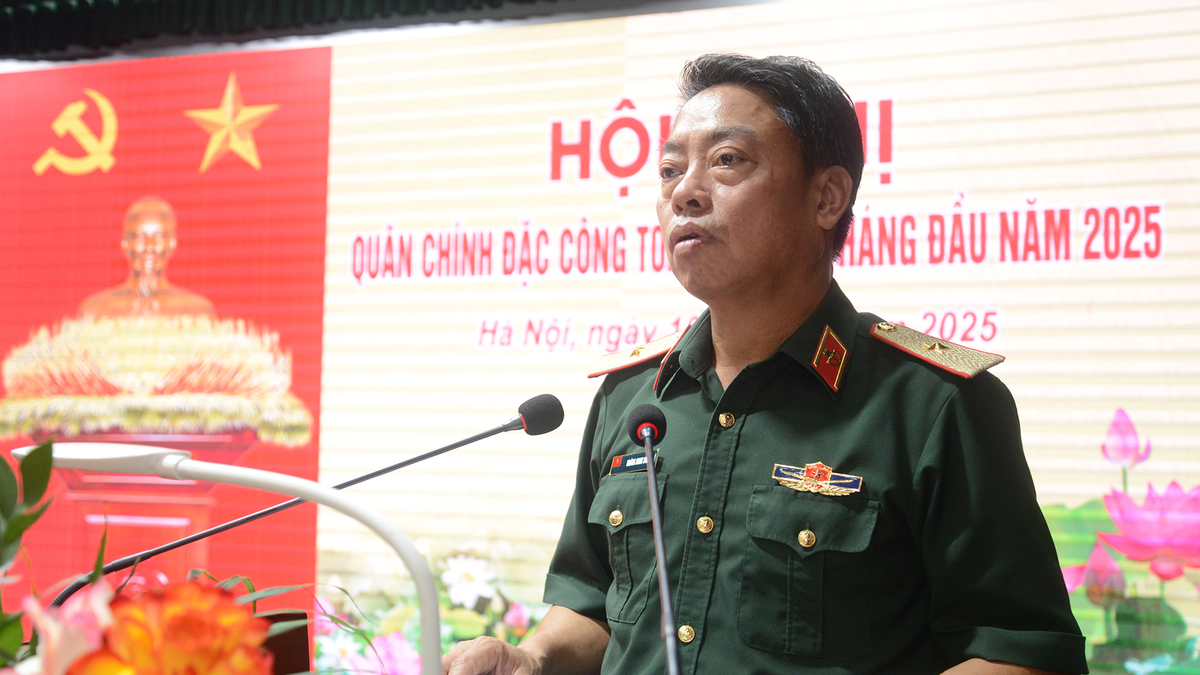


































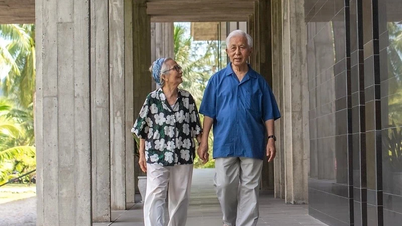

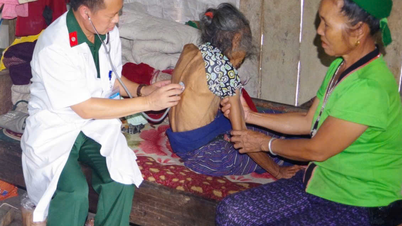









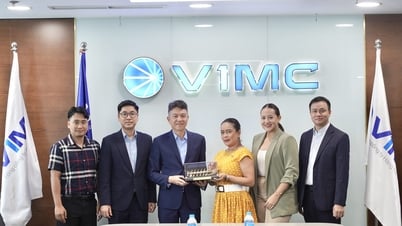




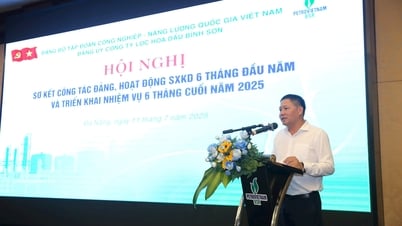

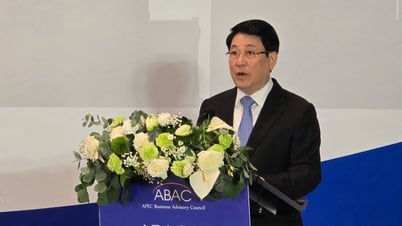




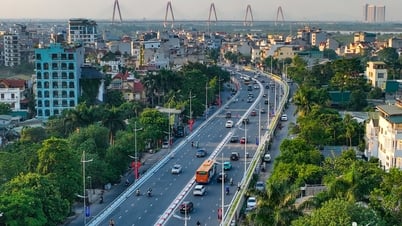
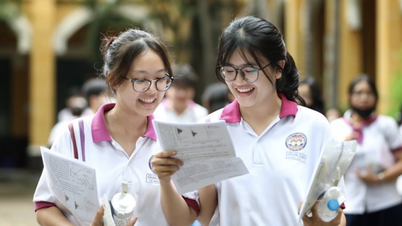
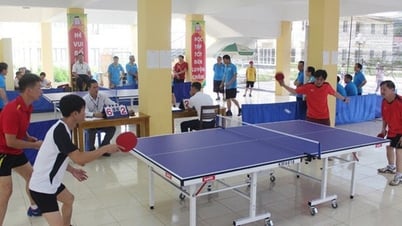

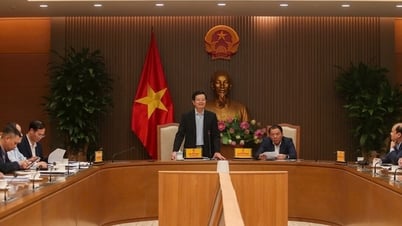


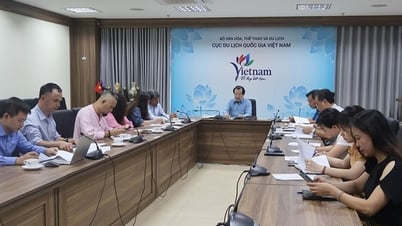

























Comment (0)